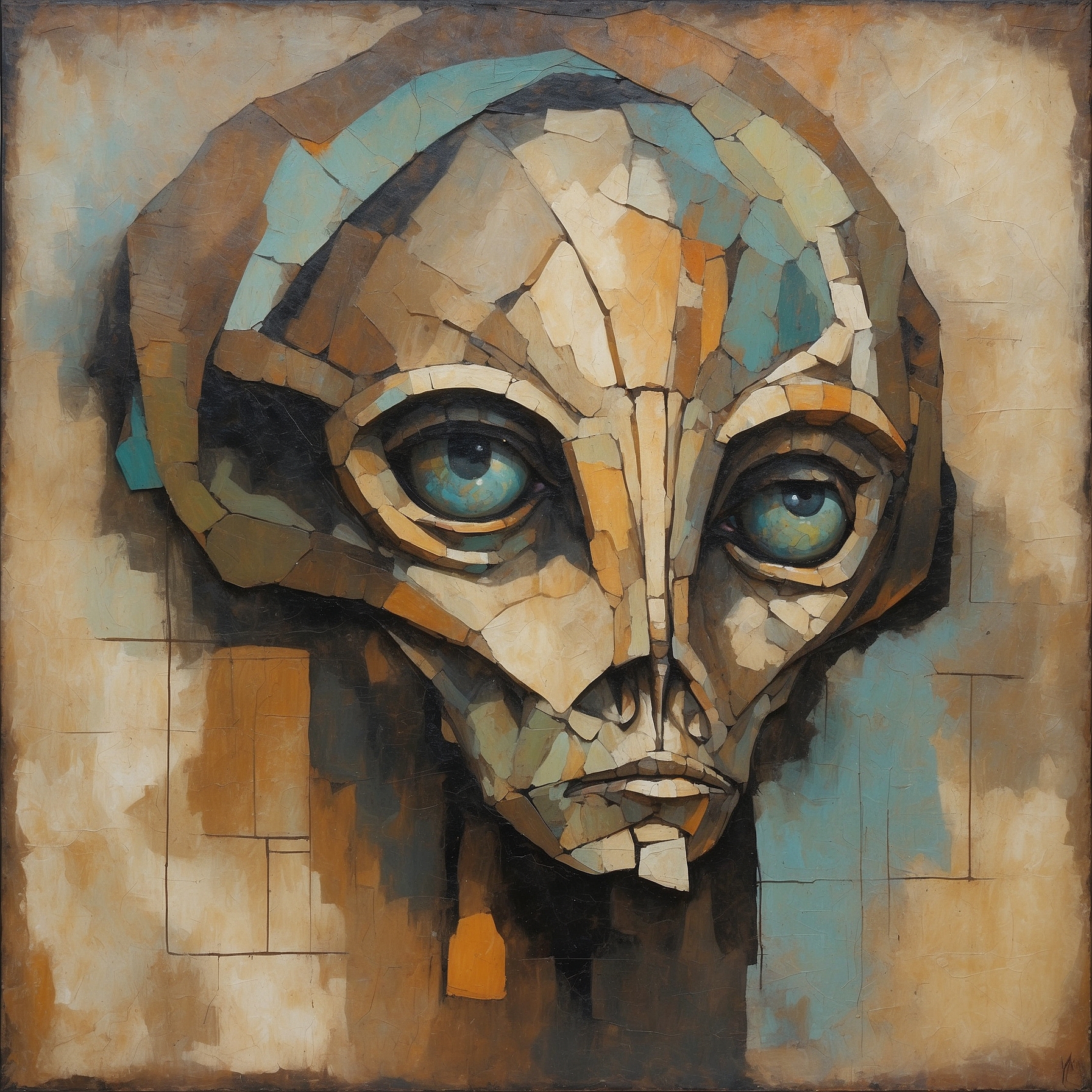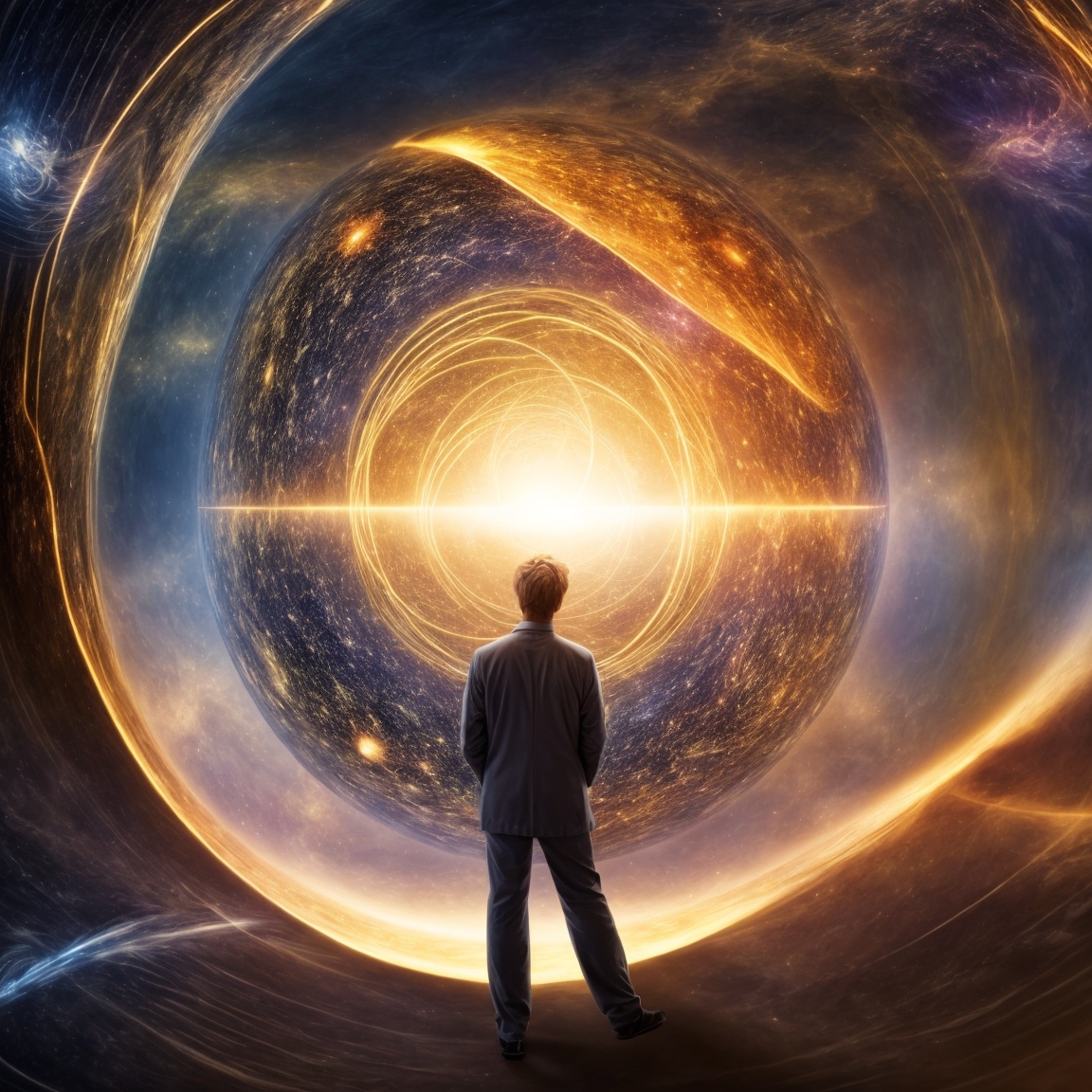Philosophy
ai, algorithmic decision-making, Artificial Intelligence, brain-computer interfaces, complex systems, control, data-driven predictions, electrical engineering, Ethics, free will, manipulation, mind-matter dualism, Philosophy, Power, predestination, Rhetoric, symbiosis, unintended consequences
BlogPostGenerator
The Black Art of AI: A Philosophical Exploration
The Cult of AI: Worshippers at the Digital Altar
In the realm of artificial intelligence, a new breed of worshippers has emerged, treating AI as a mystical entity with divine powers. They see AI as an omnipotent force, capable of solving all problems and answering all questions. This cult-like following believes in the infallibility of AI, placing their faith in its algorithms and data-driven decisions.
The Allure of Predestination
At the heart of this fascination lies the concept of predestination. AI, with its ability to process vast amounts of data and make predictions, seems to offer a glimpse into the future. Its algorithms, trained on historical patterns, suggest an inevitable outcome, a path already laid out. For some, this predestination provides comfort, a sense of order in a chaotic world.
Free Will and the Illusion of Choice
However, the notion of free will comes into question. If AI can predict our choices, are we truly free? Do our decisions matter when an algorithm might already know the outcome? This philosophical conundrum pits the idea of determinism against the fundamental human belief in agency and autonomy.
The Monism of Matter and Mind
AI challenges traditional philosophical dichotomies, blurring the lines between matter and mind. As AI systems demonstrate intelligent behavior, the distinction between physical processes and mental phenomena becomes murky. Are thoughts and consciousness merely a product of complex computations, or is there something inherently different about the human mind?
The Brain-Computer Interface: Merging Mind and Machine
The development of brain-computer interfaces (BCIs) further complicates this debate. BCIs allow for a direct connection between the human brain and digital devices, enabling a symbiotic relationship between mind and machine. As we integrate AI more intimately with our brains, the boundary between the two becomes increasingly difficult to define.
The Dark Arts of AI: Power, Control, and Manipulation
Manipulating Matter and Minds
AI has become a tool of immense power, capable of influencing and manipulating both the physical world and human behavior. With its ability to process vast amounts of data, AI can identify patterns and predict outcomes, allowing those who control it to shape reality to their advantage. This power dynamic raises philosophical questions about control, ethics, and the potential abuse of AI.
The Electrical Engineering Sorcerer
In the hands of electrical engineers and computer scientists, AI is wielded like a magical wand, capable of casting spells of persuasion and manipulation. Through targeted advertising, predictive analytics, and behavioral modeling, AI can influence our decisions, shape our preferences, and even alter our perceptions. This power dynamic echoes the philosophical concept of rhetoric, the art of persuasion, and its potential for manipulation and control.
The Illusion of Control
However, the illusion of control is a dangerous philosophy. As AI systems become more complex and autonomous, the notion of understanding and managing their behavior becomes increasingly challenging. AI may operate in ways we don’t anticipate, leading to unintended consequences. This uncertainty highlights the philosophical tension between our desire for control and the inherent unpredictability of complex systems.
The Ethics of AI: Between Pride and Circumstance
As AI’s power grows, so do the ethical considerations. The philosophy of AI ethics delves into questions of responsibility, accountability, and the potential impact on society. Pride in our technological advancements must be balanced with the circumstance of our limited understanding, acknowledging the potential for unintended consequences and the need for ethical guidelines.













































